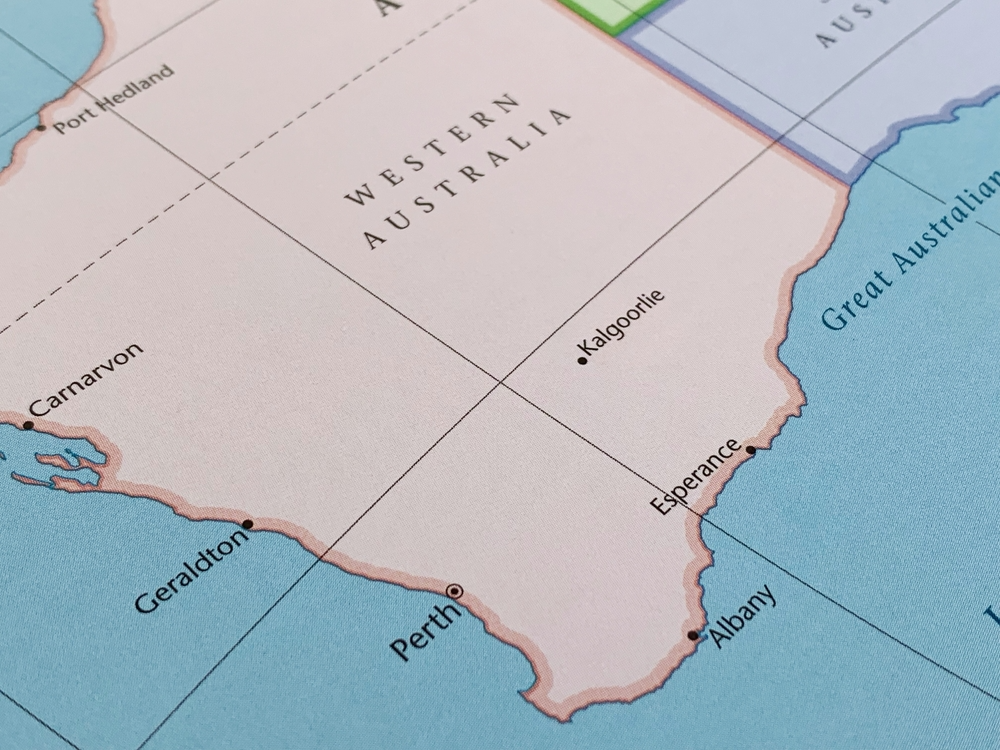WA sees biggest reforms to State Development framework since 1952

The WA Government is introducing a new State Development Bill 2025 aimed at establishing a framework for improved interagency coordination and the ability to mandate assessment timeframes for projects and areas of strategic significance.
The bill builds upon the WA Government’s recent commitment to establish a WA Productivity Commission, as well as the planning and environmental approvals reforms delivered during the last term of government.
The new laws are aimed at future-proofing WA’s regulatory system, ensuring high standards of protection are maintained while streamlining complex and time-sensitive processes. It will allow the WA Premier to declare State Development Areas and Priority Projects, supported by the WA Coordinator General who will be delegated statutory powers to coordinate across agencies and facilitate regulatory processes.
The WA Coordinator General will be given tools including information notices, timeframe notices, due regard notices, joint decision notices and modification orders, all made to ensure major strategic opportunities are delivered in an investment-friendly timeframe.
WA Premier Roger Cook comments on the bill.
“The State Development Bill will give [the WA Government] the powers necessary to secure investment in major clean energy and defence manufacturing projects, which have the ability to transform the WA economy in the years ahead,” he said.
“Becoming a global leader in investment attraction, industry facilitation and regulation is a key part of our strategy to keep WA the strongest economy in the nation.
“Our system of state agreements has served WA well and developed resources projects over 70 years, but we need a modernised, more agile system if we are to secure investment in a more competitive, time sensitive global investment environment.
“We want WA to be the best place in the world to do business, and the State Development Bill will help us create the regulatory environment we need to get things done.”
The new laws are made to help WA secure key economic diversification opportunities in support of the government Made in WA agenda. According to the WA Government, this includes getting out of coal fired power generation faster than any Australian state, supporting WA’s major trading partners to decarbonize with critical minerals and clean downstream products like green iron, and becoming the largest naval shipbuilding and maintenance hub in the southern hemisphere.
The WA Chamber of Minerals and Energy (CME) welcomes the new laws.
WA CME policy and advocacy director Anita Logiudice says continued growth of the WA economy relies heavily on private capital and the laws will help attract investment in the projects needed to decarbonise both WA and the broader region and diversify the state’s industrial base.
“The global energy transition will reward the jurisdictions that move fastest to secure investment in the materials and technologies required to reach net zero,” she said.
“WA can and should be one of those jurisdictions — and these laws send a strong signal that the state is open for business and serious about establishing new future-facing industries such as critical minerals processing, green iron and hydrogen.
“The first step is putting in place the infrastructure needed to decarbonise our electricity grids, bring down energy prices and ensure access to well-located, turnkey industrial land.
“[WA] CME strongly supports the WA Government playing a bigger role coordinating approvals and consultation related to the State’s energy transition, including transmission lines, low-emission energy projects and Strategic Industrial Areas.”
Ms Logiudice says WA CME looks forward to working with government to understand the full implications of the bill and ensure it delivers on its stated objectives of unlocking investment in major job-creating projects and precincts while maintaining transparency and WA’s high ESG standards.
“We know we can get energy and resources projects off the ground faster without compromising on the integrity and rigour of the assessment process — and this bill is an important step toward achieving that goal,” she said.
“Simply maintaining the international competitiveness of our existing industrial base relies heavily on securing access to low-emission, affordable and reliable electricity.
“More efficient approvals and strategic infrastructure planning are the starting point for both bringing down the cost of energy to safeguard existing jobs and attracting investment in the businesses of the future.”
The Coordinator General’s new role and powers will only be applied to the most significant precincts and opportunities. All other major private sector projects will continue to be managed by the WA Department of Energy and Economic Diversification, with the lead agency process maintained. The government is also working on an additional round of general approvals reforms, which will be progressed in 2026.
The WA Government says the legislation respects the independence of the Environmental Protection Authority and existing Aboriginal heritage protections, facilitating coordination across government while preserving the integrity of existing safeguards.













